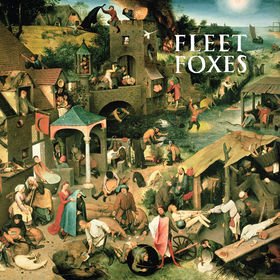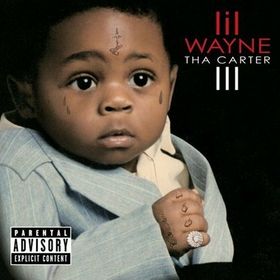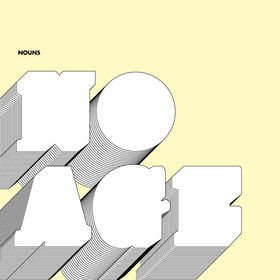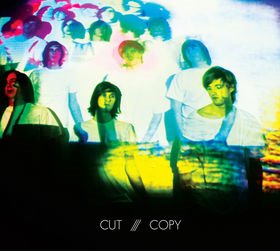 The massively popular British pop-rock band returns with its Brian Eno-produced stab at progression and (mild) experimentation. Rating: 3.5/5
The massively popular British pop-rock band returns with its Brian Eno-produced stab at progression and (mild) experimentation. Rating: 3.5/5



I was excited when the new Coldplay album finally leaked. I had, in fact, been checking everyday for a week for such an event. This excitement is against my well-cultivated critical and social instincts. Coldplay, my favorite band through my sophmore and junior years of high school are an embarrasment to my indie snobbery, and a weakness for my indie snob friends to poke fun at. Occasionally I'll turn on "Talk" or something, but only to mock the band's emotional populism in a half hearted attempt to atone for the days when I paraded the depressingly vapid
X&Y as my favorite record ever.
So my eagerness for this record is at once hypocritical and revealing. I listened to
Viva La Vida not as the pseudo intellectual critic but as the more open hearted teenager who still thinks "Clocks" is thrilling or "Don't Panic" is romantic. I write this review, having returned to my intellect from my heart, willing to give Coldplay and
Viva La Vida a batch of 3 and 1/2 out of a possible 5 pies. May Chris Martin enjoy every bite of his success pie.
They have evolved from bland platitudes and easy stadium thrills without sounding labored. The album's most unusual quirk is that most of the songs contain several, essentially unalike movements. It reveals the strategy the band employed: they wrote 20 Coldplay songs and smushed them into 10 Coldplay songs. Is this a crutch belying the band's lack of subtly? Yes. Does it play to their strengths? Yes. Coldplay are never going to be a band a that explore one idea for too long without being boring. I don't think Brian Eno brought the David Byrne one chord playbook to the Coldplay sessions.
Martin is predictably big with his lyrics, but this time sort of like
Neon Bible-era Win Butler, which constitutes an upgrade. It's also more palatable because of the Eno eclecticism, or whatever the hell you wanna call the band's new musical vocabularly. "Strawberry Swing" recasts the simple, pleasant feel of "Parachutes" as a touching African tune, while the title track is a barrelling highlight. These are both from the backhalf, which is brighter and more fun, starting with the mega epics "Yes" and "Lovers in Japan/Reign of Love." The darker fronthalf, from "Cemetaries of London" to "42," isn't a stylistic strength, but gives the album an excellent pace and build. Coldplay have done themselves a favor by putting these songs in a context. Lines like, "those who are dead/ are just living in my head" aren't classic philsophy, but in the dissonance of all the other impressions presented, something cohesive emerges.
No one, from Coldplay, to their record company, to Eno, ever intended to make
Coldplay for Airports. Instead, they have made something like the album version of "Atonement." It's not the best picture of the year, but it has enough art-house tricks in to justify paying for another war epic.
-
Matt GasdaColdplay - Violet Hill
Buy: Amazon Insound MySpace




















